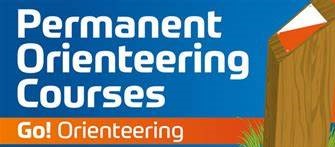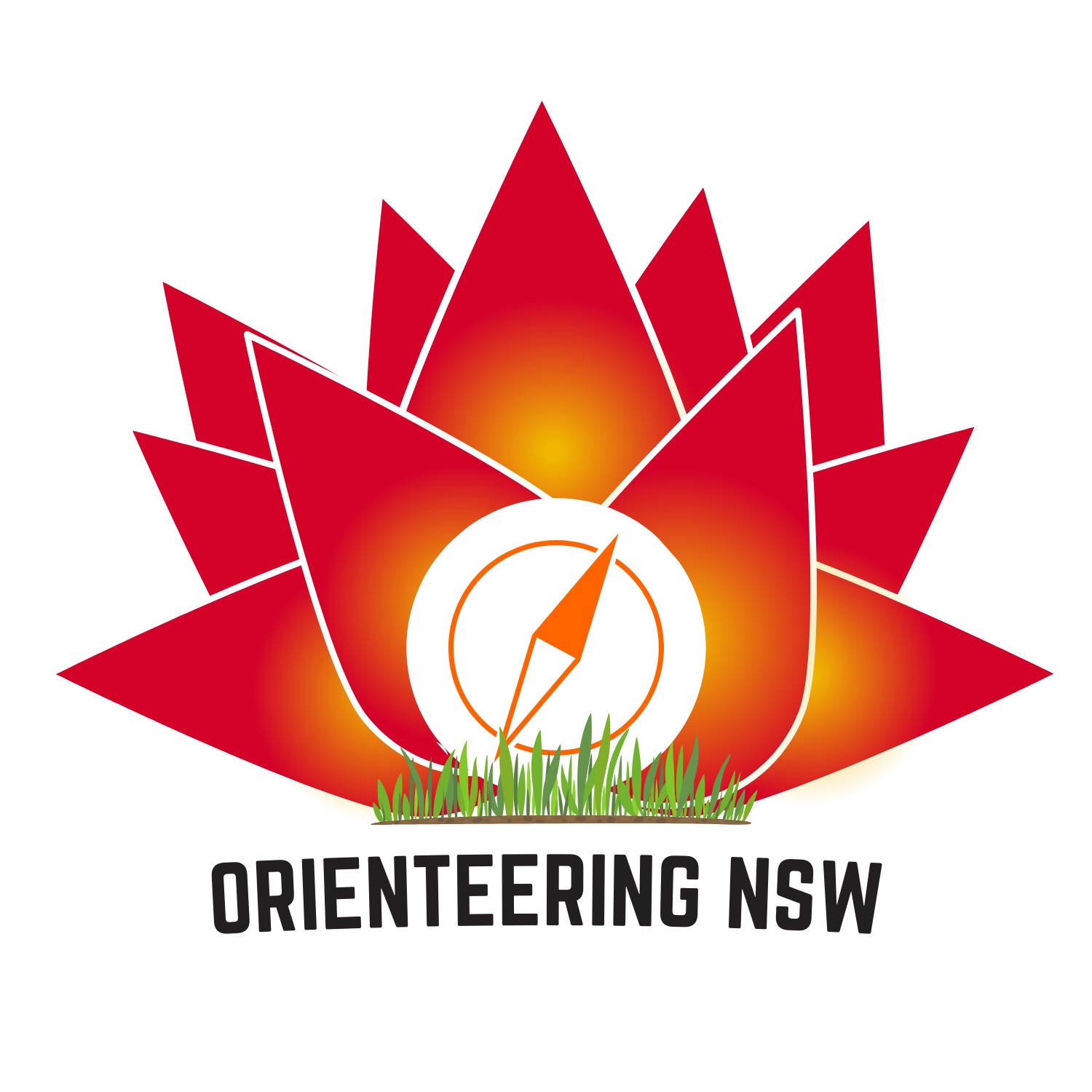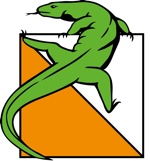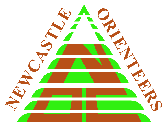New to Orienteering?
Orienteering is an adventure sport for everyone. Click here for a video showing our sport in action, filmed at the 2017 Australian championships at Bathurst and Hill End.
You go at your own pace: walking, jogging or running; or a mix of all three. It is mostly done solo, but you may also go with a friend or in a small group.
 Orienteering started as a bush sport but in Australia is now conducted equally through streets and parks. The aim is to navigate around a course shown on the specially prepared map.
Orienteering started as a bush sport but in Australia is now conducted equally through streets and parks. The aim is to navigate around a course shown on the specially prepared map.
The maps contain far more detail than a standard topographic map. They show small features (boulders, man-made objects, termite mounds etc) and varying degrees of vegetation thickness.
Beginners are always welcome. Each event offers courses for newcomers, and host club members will be happy to get you underway.


Course lengths vary from 1.5km to 15km and might take anywhere from 10-90 minutes to complete.
Events are held across NSW all year round: in winter they are mostly on weekends, and in summer they are spread throughout the week.
You can orienteer on foot, on a mountain bike or do both at the one event (DUO). We have put on an event in Coffs Harbour for wheelchairs, and since 2014 we have co-hosted an annual ski orienteering day at Perisher!
Orienteering is a great way to discover your local neighbourhood and visit new parks, reserves and harbourside or riverside areas. We often hear people say, “I never knew these bush tracks existed!” or “I’ve lived here for 20 years and have never been down here.”
Some videos that show why we love orienteering
And here are some more great video tutorials:
(1) Check out this UK article with eight short videos introducing the basic concepts of our sport and how to improve your orienteering.
(2) The latest International newsletter has 3 short video tutorials on the basics of O. Click here and scroll down to find the article. Pass it on to a friend who might like to give orienteering a try.
What do I need at an event?
- comfortable exercise clothes
- a mountain bike and helmet for mountain bike orienteering (MTBO)
- a hat, sunscreen, drink bottle and spare clothes are recommended

![]()




When starting out, a compass is not essential but if you would like to progress to harder courses then a good quality one is worth investing in (see here for supplier options).
Events are usually on regardless of weather. If it’s wet or cold, bring some spare clothes for afterwards. If it’s hot, make sure you are well hydrated and apply sunscreen.

(1) Find the assembly area (look for the large club banners – see the pic, right) and fill out a registration form/card.
(2) Hand in the rego form, pay your event fee and state which course you wish to do. You will be given a map and a ‘clue sheet’ listing the control descriptions for your course. You may also need to hire an electronic timing stick (see pic, above, on right end).
(3) If you have not orienteered before, someone from the host club will be happy to take you through the basics, such as orienting the map, what the main map symbols mean, and a few general pointers.
(4) Start when ready. Controls are usually marked with an orange-and-white flag (see pic below left).
 (5) At the finish your time is recorded. For events with electronic timing, you get a ‘splits’ printout showing how long you took to complete each ‘leg’ of the course.
(5) At the finish your time is recorded. For events with electronic timing, you get a ‘splits’ printout showing how long you took to complete each ‘leg’ of the course.
(6) The host club will be happy to debrief you: discussing route choices, mistakes you may have made on course, queries about the map etc. If in doubt, just ask someone !
Do I have to be a member of a club to participate?
No. However, members enjoy discounted entry fees and other benefits. If you enjoy your first event(s) you might like to consider joining a club. But you can still compete at almost all events as a casual orienteer without joining a club.
Is it dangerous?
When you enter an orienteering event it is also important to remember that it is a recreational activity that may involve risks due to its conduct in both urban and natural environments.
Before you take part in an event you will be asked to read and acknowledge a risk warning, risk waiver and statements. You will be able to obtain a copy of these statements at the event or online here.
What events are there?
 In summer, events are often conducted in the cool of the early evening and are frequently ‘score’ events. This means you have a time limit (usually 45 minutes) in which to visit as many controls as you can, in any order. You’ll need to wear a watch or take your mobile phone for these events.
In summer, events are often conducted in the cool of the early evening and are frequently ‘score’ events. This means you have a time limit (usually 45 minutes) in which to visit as many controls as you can, in any order. You’ll need to wear a watch or take your mobile phone for these events.
During the cooler months, the format changes to ‘line’ courses – where you must visit the controls in a set order. Anywhere from 4-12 courses may be offered. You choose the distance and difficulty that suits your ability. It’s best to start on the navigationally easier courses and, as your skills improve, progress to harder courses. Event volunteers can assist you to decide which course is best.
Travel a bit further afield and visit NSW’s state forests and countryside. Our State League events are in lovely bush locations.
If you want to explore Australia or overseas, there are regular carnivals that can take you to lots of new and interesting places.
 How do I find out more about orienteering?
How do I find out more about orienteering?
- Talk to people! Come along to an event and a volunteer will be happy to talk you through any questions that you may have
- Have a good look through this website
- Contact the This email address is being protected from spambots. You need JavaScript enabled to view it. or your local club
- Look up orienteering videos on YouTube
- the Orienteering Australia website also has some useful introductory videos






































